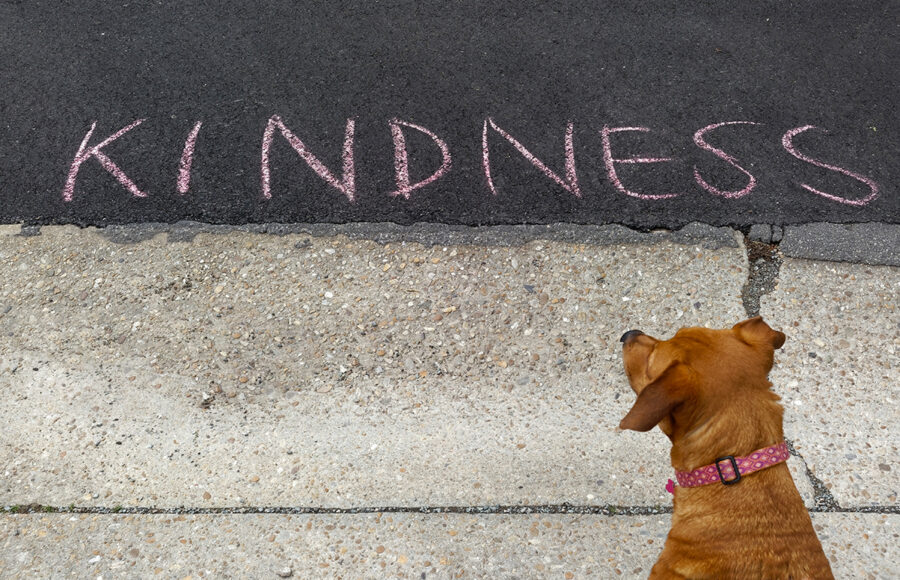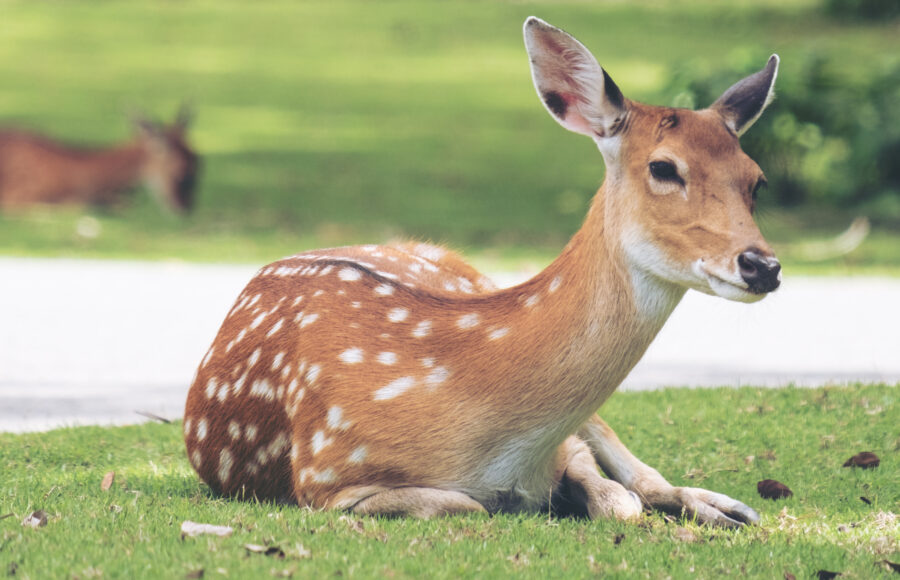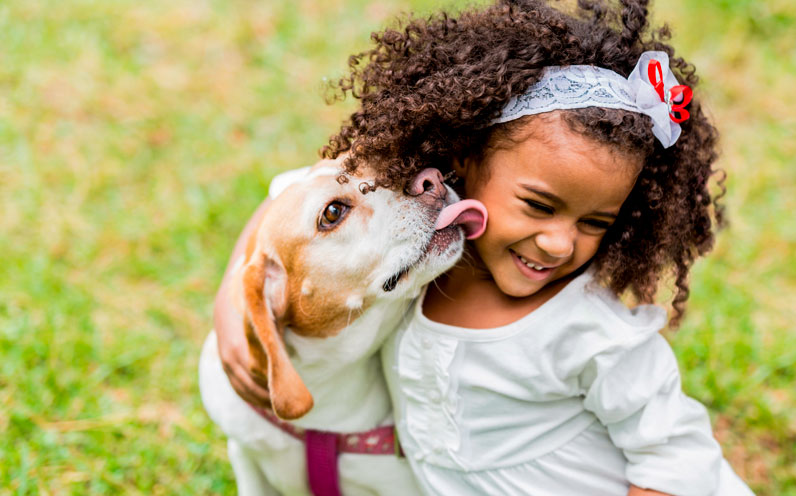
Be Kind To Animals Week 2018 – Protecting the Environment
#BeKindToAnimalsWeek continues, and it’s time for our Thursday Pledge! Today we ask that you pledge with us to help stray, wild, and even some domestic animals by pledging to respect the outdoors.
Recycling plastic, cans, and other waste items is one way we can keep harmful materials away from outdoor animals. Trash that ends up thrown on the ground can trap or injure all kinds of outdoor species. Discarded plastic and balloons that float to the sky can end up in bodies of water, harming the aquatic animals who try to eat it.
You can volunteer for an organization that sponsors beach cleanup, or any simple neighborhood cleanup, and just be helpful by picking up any stray waste you see and moving it to a regulated garbage can.
Take the pledge today by sharing our #BeKindToAnimals Badge on your Facebook page, and reading this article from American Humane Society about helping our Earth stay clean, and therefore helping our planet’s animals stay safe.
Actions to Help Animals and The Environment
If you care about animals, you should care about the environment. To live and be healthy, animals need a healthy environment. To explore the many ways to lessen your impact on the planet, consider these actions to help animals and the environment.
- Share our “Don’t Trash Wildlife” flyer (PDF) with friends, family and neighbors, which shows how to recycle or dispose of trash that can harm animals.
- If Buffalo Exchange has a resale clothing store in your area, drop off fur items for donation to Coats for Cubs, then shop at their Dollar Day Sale (April 24 at most locations) to benefit the Don’t Trash Wildlife program and The HSUS’s three wildlife care centers that rescue and rehabilitate wild animals.
- Ask Congress to pass the International Whale Conservation and Protection Act. Today The HSUS, Humane Society International and many local supporters are joining with partner organizations at a rally for whales on the National Mall in Washington, D.C., asking President Obama to reject a proposal that would reverse the ban on commercial whaling and undermine conservation efforts. But you can also take action remotely by asking your senators and representative to support whale protections.
- Be a conscious eater—thinking about how your food choices affect animals and the environment. Start by practicing the Three Rs—refining your food choices by wringing out the worst cruelty and not purchasing animal products from factory farms, reducing total consumption of meat (Americans eat more than 200 pounds of it annually, and even a small reduction will help animals and the environment), and replace animal products with plant-based foods where appropriate.
- Save a trip to the store by making your own pet treats (we’ve posted recipes for dogs, cats and birds). And you can easily repurpose many household items to make great toys for cats.
- Review our advice for making your backyard more welcoming to wildlife and keeping peace with your wild neighbors. Youth can participate in our Shoot to Save Wildlife project of Humane Society Youth, raising awareness about wild animals in the community and how to live peacefully with them.
- Bookmark our tips for how to help injured or orphaned animals.
- Make it official that your space (no matter how small) is a sanctuary for animals, either by joining our Urban Wildlife Sanctuary program or protecting your land through our Wildlife Land Trust. Or become a volunteer sanctuary monitor.




